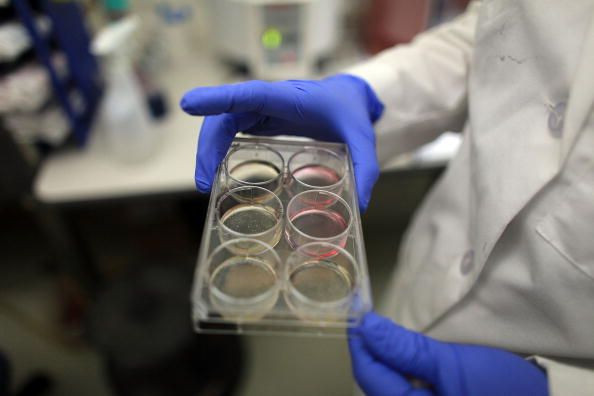Stem Cell Therapy Is Safe And Does Not Increase Cancerous Cell Mutation Risk

Although we’ve come to regard mutations as something that sets normal people apart from superheroes, in reality, cells in our bodies constantly change. Most of these mutations are harmless, but some can lead to cancer. Not much is understood about what causes cancerous mutations, and as the use of stem cell therapy becomes increasingly popular, it’s important to know whether or not these therapies affect a cell’s chances of developing cancerous DNA changes. However, a recent study from Cambridge university has shown that this fear may be unwarranted.
From the moment we are conceived to the time we die (and even a bit afterwards) the cells in our bodies regenerate an unfathomable number of times. Often during these regenerations, tiny genetic changes called mutations will occur. While the mutation rate in the human genome has been measured, how mutations vary within a tissue and between tissues has not been analyzed.
In an effort to better understand the mechanisms behind mutations in both stem cells and cells that occur naturally in the human body, the Cambridge team tracked the changes that occurred in the donated blood cells of a 57-year-old man and the changes in stem cells derived from this donation. The stem cells, called induced pluripotent stem (iPS) cells, were created by reprogramming the healthy body cells back to their original form, before cells had the chance to differentiate.
In doing this, the team found that mutations arise about 10 times less often in iPS cells than they do in lab-grown blood cells. In addition, none of the iPS cell mutations were in genes that are known to cause cancer. This finding could have important implications for stem cell research, and the potential of dangerous mutations.
“We do not know why this might be - other work has suggested that stem cells have more stringent checks in place than somatic cells, perhaps to maintain the integrity of their genomes.” lead researcher Dr. Foad Rouhani told Medical Daily.
Although still a relatively new vein of science, stem cell therapy has still made major strides in improving the health of patients. Most recently, researchers noted that stem cells can be used to repair damaged hearts — a finding that could halve the number of people dying from heart failure, The Telegraph reported. In the trial, patients whose only hope was a heart transplant were treated with stem cells in a single operation, and doctors noted that those who received the treatment were 37 percent less likely to have been admitted to the hospital in the 12 months following the operation and half as likely to die as the group that received a placebo.
Rouhani explained that iPS cells do accumulate mutations, but they do not do so at a high rate.
“The iPS cells we generated as part of this study did not have any mutations in genes associated with cancers and we did not find anything to preclude the potential use of iPS cells in therapeutic medicine,” said Rouhani.
Source: Rouhani FJ, Nik-Zainal S, Wuster A, et al. Mutational history of a human cell lineage from somatic to induced pluripotent stem cells. PLOS Genetics. 2016
Published by Medicaldaily.com



























